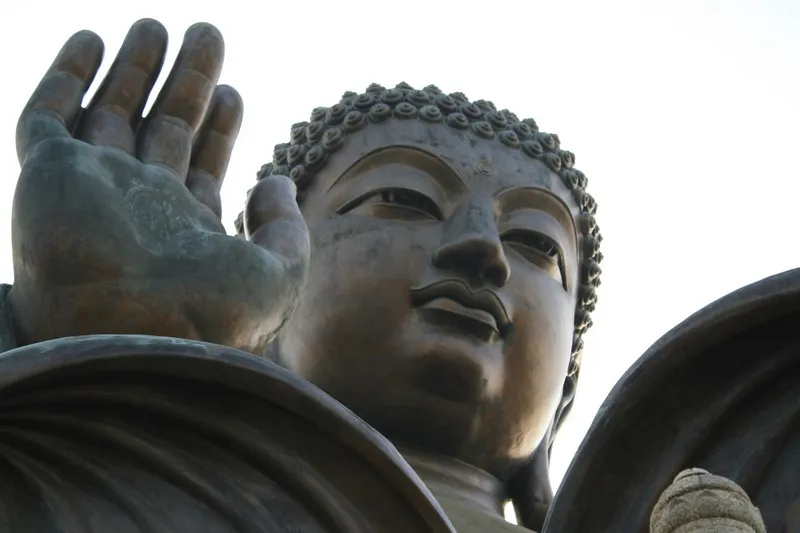Table of Contents
- Historical Origins of Mahayana Buddhism
- Core Doctrines of Mahayana Buddhism
- Practices and Rituals in Mahayana Buddhism
- Major Schools of Mahayana Buddhism
- Sociological Implications of Mahayana Buddhism
- Conclusion
Mahayana Buddhism, one of the major branches of Buddhism, has had a profound impact on the spiritual, cultural, and social fabric of numerous societies across Asia. Originating in India around the 1st century CE, Mahayana, which translates to the “Great Vehicle,” represents a significant development in Buddhist thought and practice. This essay provides a detailed exploration of Mahayana Buddhism, tracing its historical origins, key doctrines, practices, and its sociological implications.
Historical Origins of Mahayana Buddhism
Emergence and Development
Mahayana Buddhism emerged as a distinct movement within the broader Buddhist tradition approximately four to five centuries after the death of Siddhartha Gautama, the historical Buddha. While the precise historical origins of Mahayana are debated among scholars, it is generally accepted that it began to take shape during the early centuries of the Common Era. This period was marked by a proliferation of new texts and teachings, collectively known as Mahayana sutras, which articulated a vision of Buddhism that emphasized the potential for all beings to achieve enlightenment.
Key Texts and Philosophers
The Mahayana canon includes a vast array of texts that are central to its teachings. Notable among these are the Prajnaparamita (Perfection of Wisdom) sutras, the Lotus Sutra, the Avatamsaka Sutra, and the Vimalakirti Nirdesa Sutra. These texts introduce new philosophical concepts and expand upon earlier Buddhist doctrines. Influential philosophers such as Nagarjuna, with his doctrine of Sunyata (emptiness), and Asanga, who advanced the Yogacara (Mind-Only) school, played pivotal roles in shaping Mahayana thought.
Core Doctrines of Mahayana Buddhism
The Bodhisattva Ideal
One of the defining features of Mahayana Buddhism is the Bodhisattva ideal. Unlike the Arhat ideal in Theravada Buddhism, which emphasizes personal liberation, the Bodhisattva ideal prioritizes the enlightenment of all beings. A Bodhisattva is an enlightened being who, out of compassion, forgoes entering Nirvana in order to assist others on their path to enlightenment. This altruistic commitment is encapsulated in the Bodhisattva vow, which expresses the aspiration to liberate all sentient beings.
Sunyata (Emptiness)
The concept of Sunyata, or emptiness, is another cornerstone of Mahayana philosophy. Championed by Nagarjuna, Sunyata posits that all phenomena are devoid of intrinsic existence. This notion extends the earlier Buddhist teaching of Anatta (non-self) to all aspects of reality, suggesting that everything exists interdependently and is subject to change. Understanding Sunyata is seen as essential to overcoming attachment and realizing enlightenment.
The Three Bodies of the Buddha (Trikaya)
Mahayana Buddhism introduces the doctrine of the Trikaya, or the three bodies of the Buddha. This concept elaborates on the nature of Buddhahood by distinguishing three aspects: the Dharmakaya (Truth Body), representing the ultimate reality; the Sambhogakaya (Bliss Body), which is a transcendent, celestial form accessible to advanced practitioners; and the Nirmanakaya (Emanation Body), which manifests in the physical world. This framework allows for a more expansive and accessible understanding of the Buddha.
Practices and Rituals in Mahayana Buddhism
Get the full article AD FREE. Join now for full access to all premium articles.
View Plans & Subscribe Already a member? Log in.





